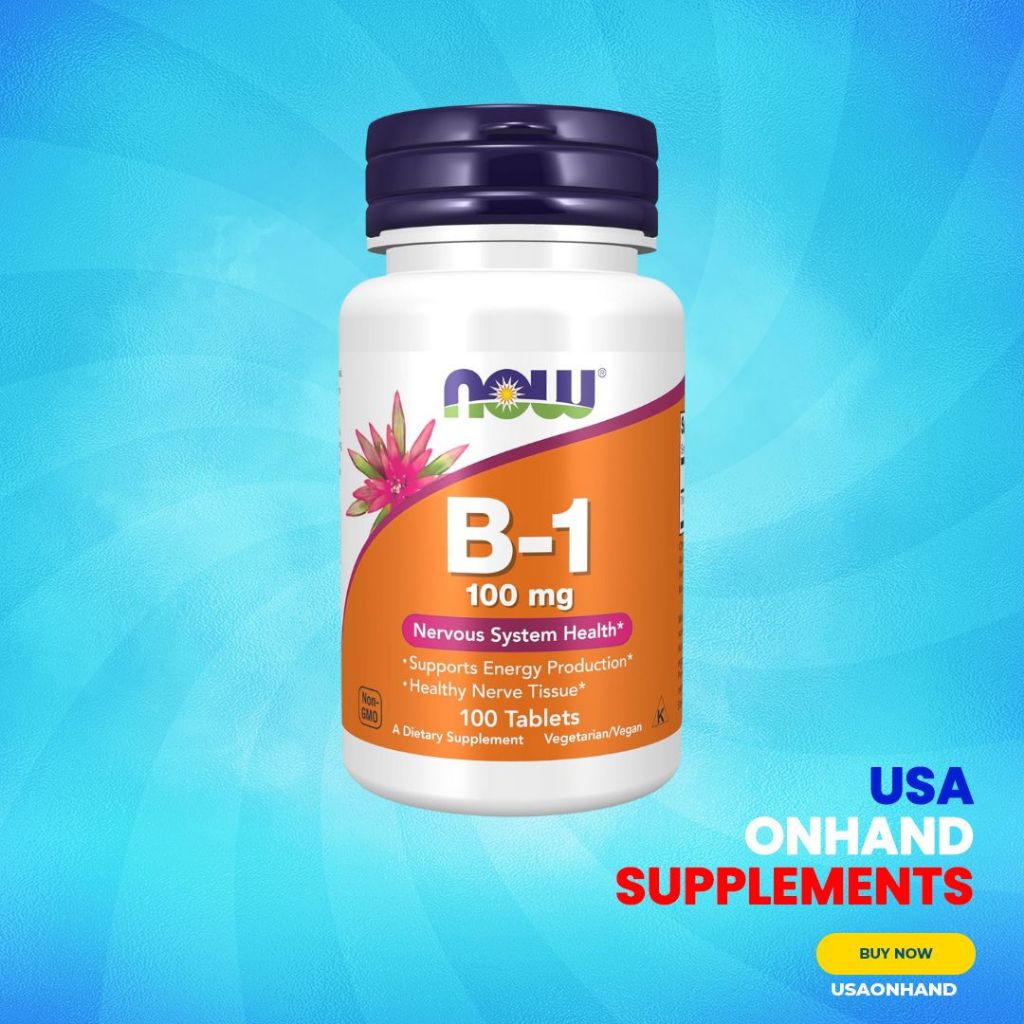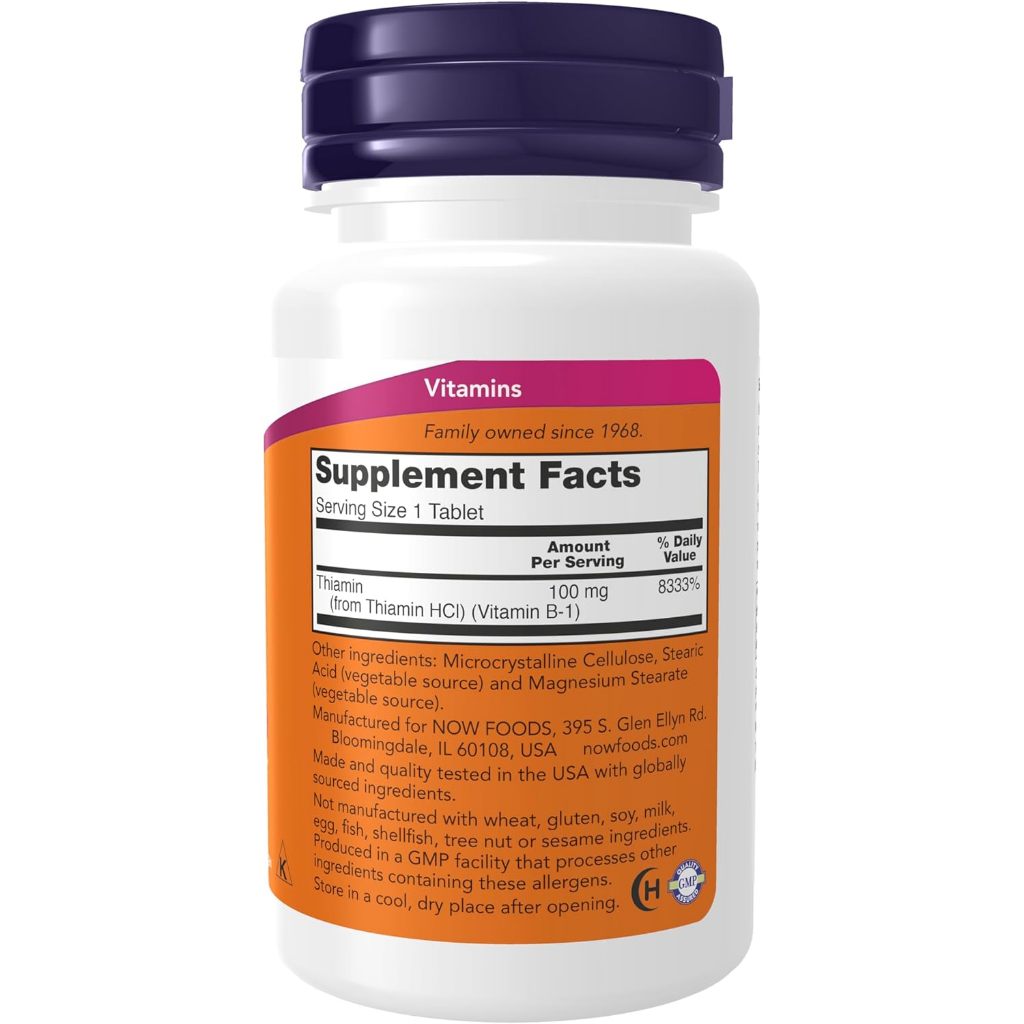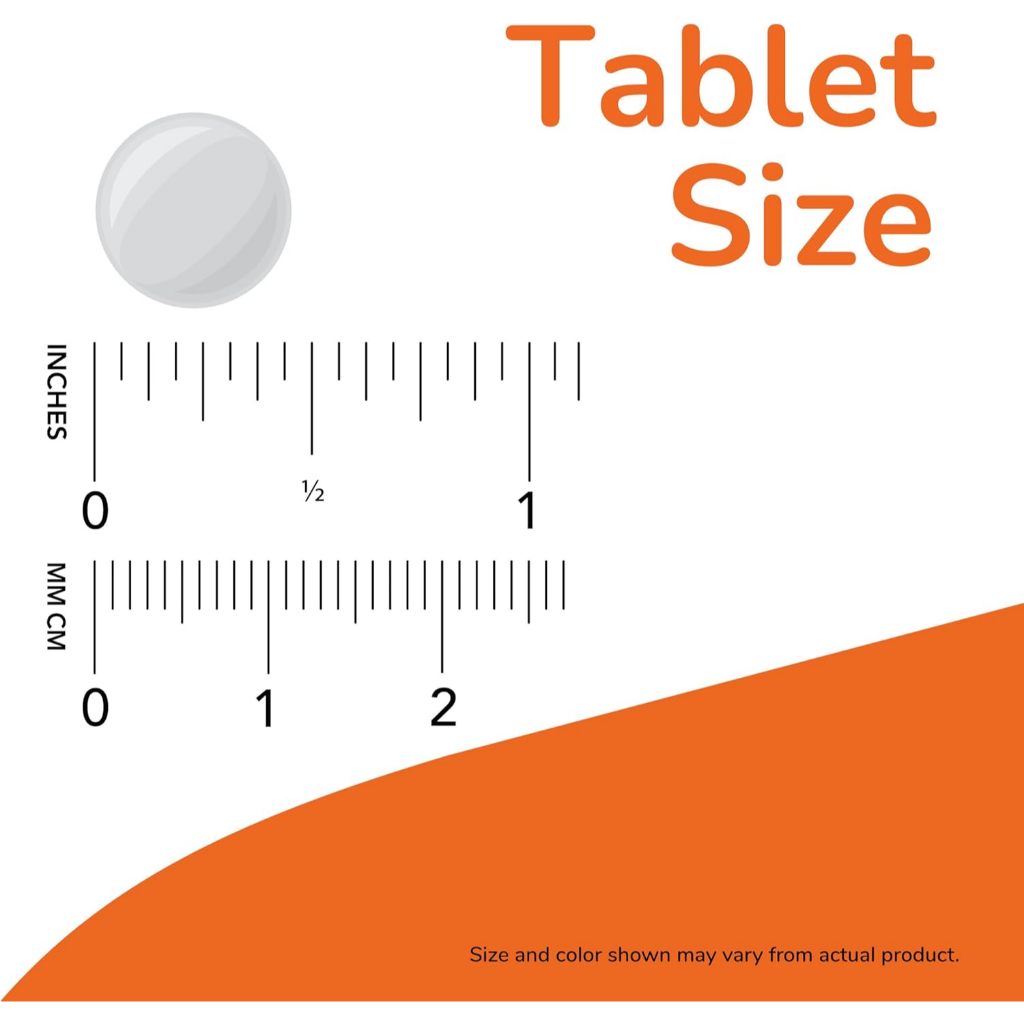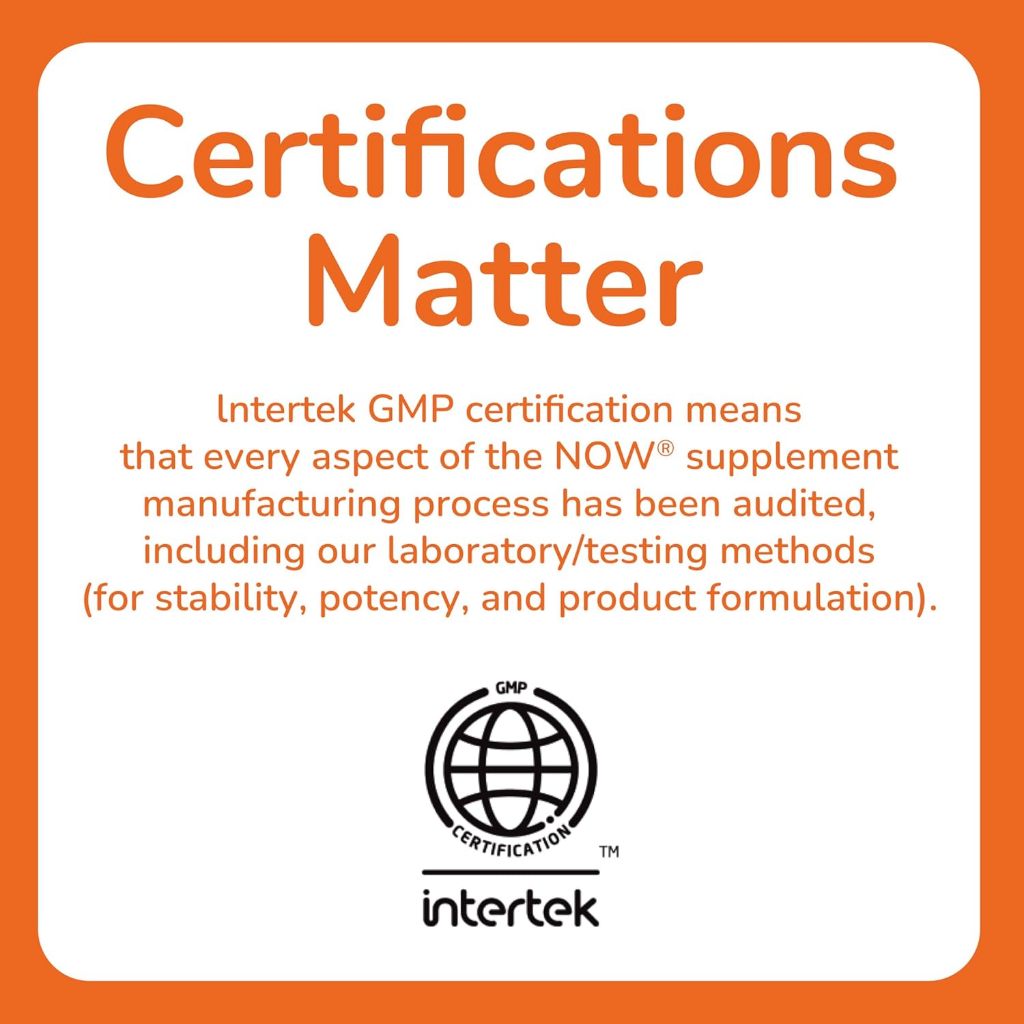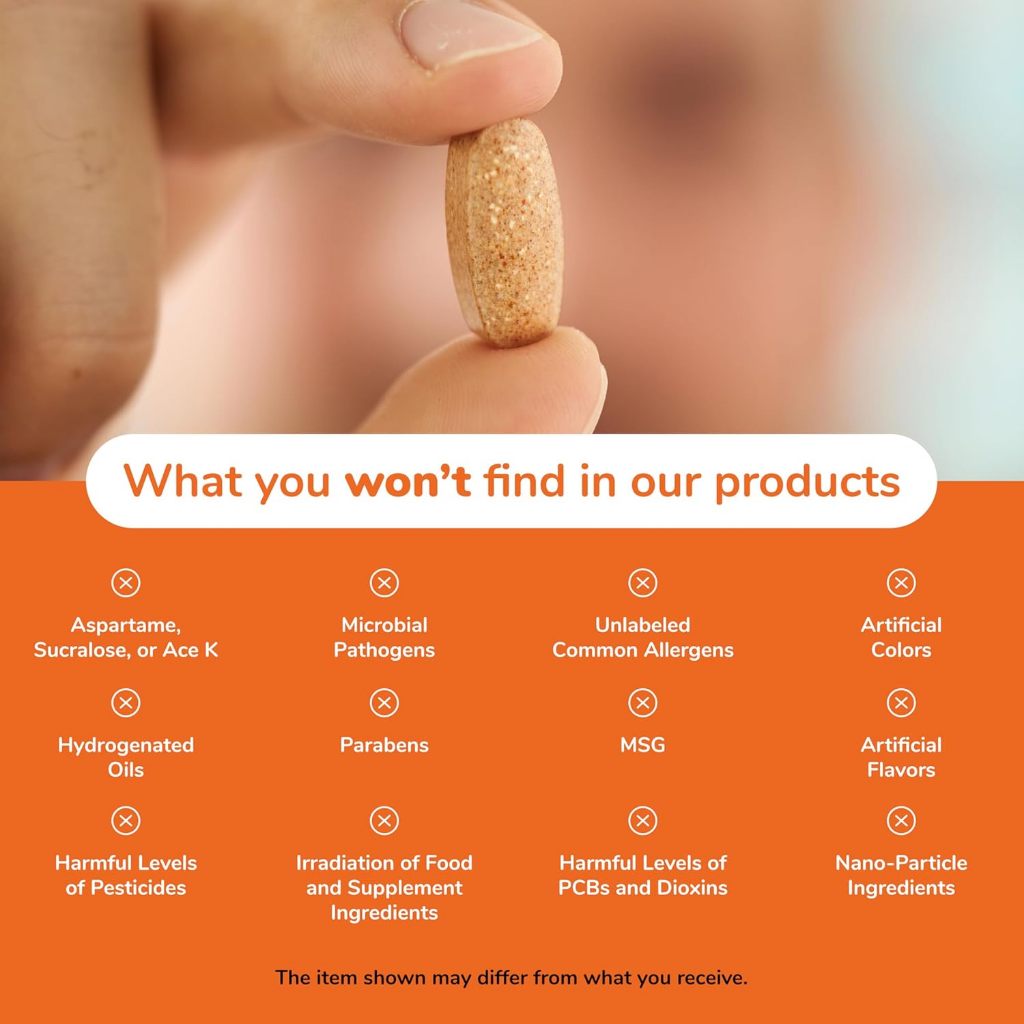Low Cost PH
USA Onhand | Now Foods, B-1 ( Nervous System Health, Supports Energy Production & Heart Health )
USA Onhand | Now Foods, B-1 ( Nervous System Health, Supports Energy Production & Heart Health )
Couldn't load pickup availability
Vitamin B1, also known as thiamine, and vitamin B2, also known as riboflavin, are both water-soluble vitamins that play essential roles in numerous physiological processes in the body. Here are some of the key benefits associated with each of these B vitamins:
Vitamin B1 (Thiamine) Benefits:
Energy Production: Thiamine is a coenzyme involved in energy metabolism, specifically in the conversion of carbohydrates into glucose, which is used by the body for energy. Thiamine helps convert glucose into usable energy through various biochemical reactions in the Krebs cycle and the electron transport chain.
Nervous System Function: Thiamine is essential for the proper functioning of the nervous system. It plays a role in the synthesis of neurotransmitters such as acetylcholine, gamma-aminobutyric acid (GABA), and glutamate, which are important for nerve transmission and signaling. Thiamine deficiency can lead to neurological symptoms such as numbness, tingling, muscle weakness, and impaired reflexes.
Heart Health: Thiamine is important for cardiovascular health. It helps support normal heart function by facilitating the production of adenosine triphosphate (ATP), the primary energy source for cardiac muscle contraction. Thiamine deficiency can lead to heart failure and other cardiovascular complications.
Digestive System Function: Thiamine plays a role in digestive system function, particularly in the metabolism of carbohydrates and amino acids. It helps produce hydrochloric acid in the stomach, which is necessary for the digestion and absorption of nutrients. Thiamine deficiency can lead to digestive issues such as poor appetite, indigestion, and constipation.
Stress Management: Thiamine is involved in the body's response to stress. It helps support adrenal gland function and the production of stress hormones such as cortisol and adrenaline. Thiamine deficiency can impair the body's ability to cope with stress and may exacerbate symptoms of anxiety and depression.
Vitamin B2 (Riboflavin) Benefits:
Energy Production: Riboflavin is a precursor to coenzymes involved in energy metabolism, particularly in the electron transport chain, where it helps generate adenosine triphosphate (ATP), the body's primary energy currency. Riboflavin is essential for converting carbohydrates, fats, and proteins into usable energy.
Antioxidant Activity: Riboflavin has antioxidant properties and helps protect cells from oxidative damage caused by free radicals and reactive oxygen species (ROS). Riboflavin is a precursor to the antioxidant enzyme glutathione reductase, which helps regenerate reduced glutathione, a potent antioxidant.
Eye Health: Riboflavin is important for maintaining healthy vision. It plays a role in the metabolism of retinol (vitamin A) and the synthesis of visual pigments in the retina. Riboflavin deficiency can lead to ocular symptoms such as photophobia (sensitivity to light), blurred vision, and eye fatigue.
Share
